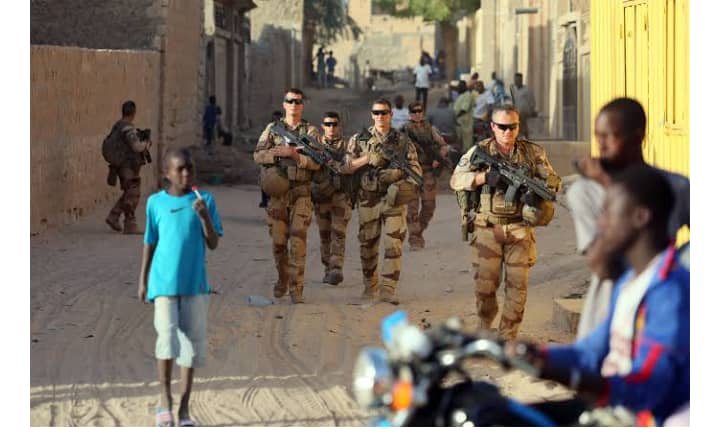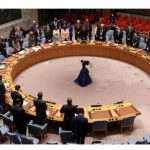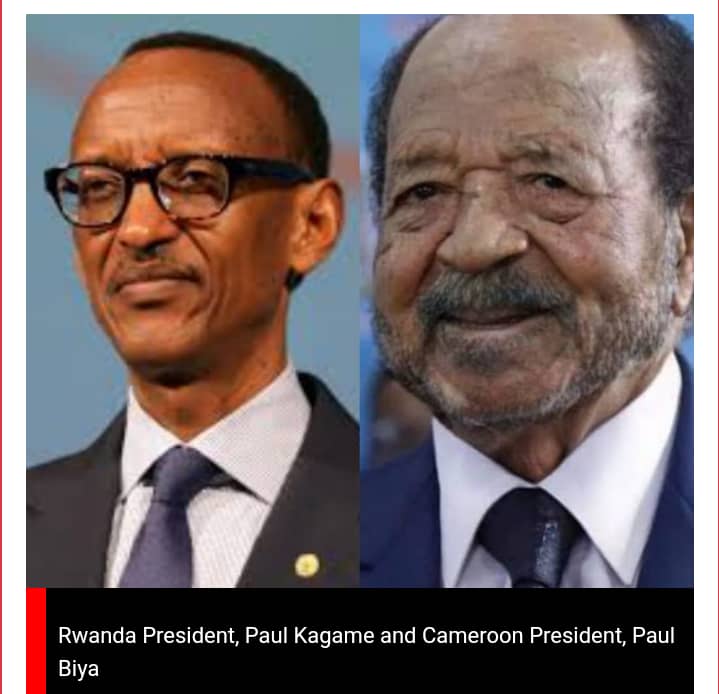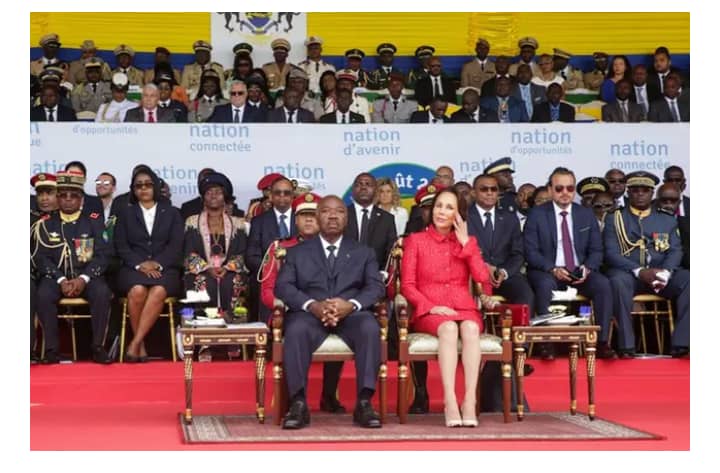Russia’s Veto Ends UN Sanctions in Mali
In a recent development, the United Nations sanctions in Mali are set to come to an end as a result of Russia’s veto on the renewal of the resolution. This decision will have significant implications for the country’s political landscape and international relations. Let’s delve into the details and explore the potential consequences of this decision.
UN Sanctions in Mali: A Background:
For some time now, the United Nations has imposed sanctions on Mali in response to the country’s political unrest and instability. These measures were aimed at curbing the activities of armed groups, promoting peace, and restoring stability in the region. However, the recent turn of events has brought an end to these sanctions, leaving Mali’s future uncertain.
Russia’s Veto:
On Thursday, August 31, Russia exercised its veto power, preventing the renewal of the UN sanctions in Mali. This move has raised eyebrows and sparked debates among international observers. While Russia has not disclosed its exact reasons for vetoing the resolution, it has undoubtedly played a significant role in shaping the outcome.
Implications for Mali:
The end of UN sanctions in Mali will undoubtedly have far-reaching consequences for the country. Firstly, it may impact the ongoing peace process and efforts to resolve the political crisis that has plagued Mali for years. The absence of sanctions may embolden armed groups and hinder attempts to foster dialogue and reconciliation.
Moreover, the lifting of sanctions could potentially strain Mali’s relationships with other countries and international organizations. Some nations may view this decision as a setback in the fight against terrorism and a blow to efforts to establish stability in the region. It remains to be seen how this development will shape the country’s foreign policy and diplomatic relations moving forward.
The Road Ahead:
With the UN sanctions no longer in effect, Mali now faces the challenge of charting its course towards stability and progress. The country’s leaders must take this opportunity to reevaluate their strategies and work towards inclusive governance, socio-economic development, and lasting peace. It is crucial for them to engage in constructive dialogue with all stakeholders and address the root causes of the conflict to prevent further deterioration.
The end of UN sanctions in Mali due to Russia’s veto marks a turning point in the country’s political landscape. While the implications of this decision are yet to fully unfold, it presents an opportunity for Mali to reassess its priorities and work towards sustainable peace and development. The international community will closely monitor the situation, hoping for positive outcomes and a brighter future for the people of Mali.







